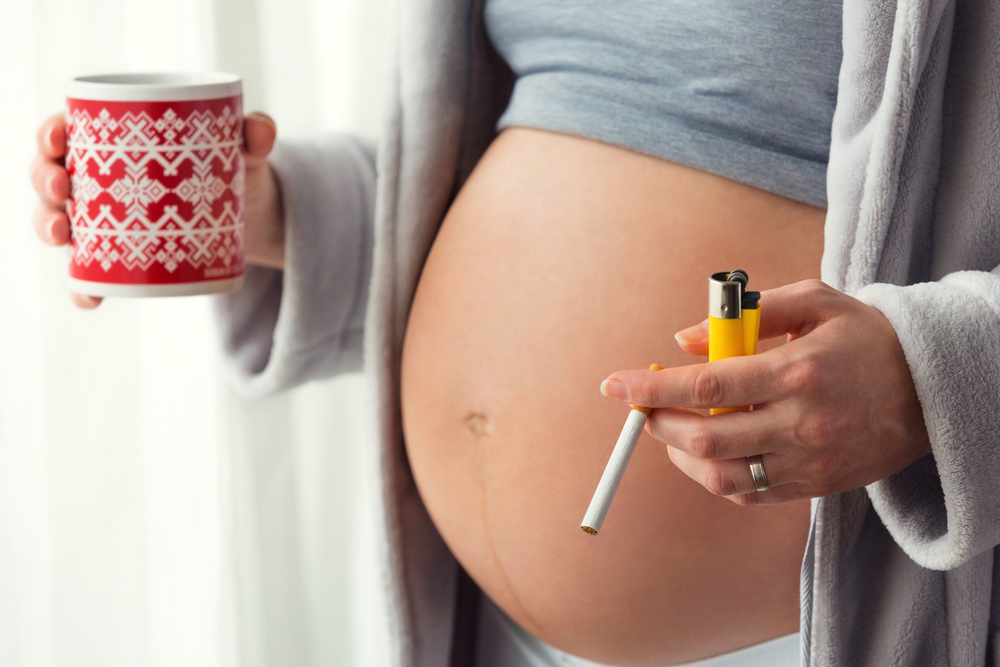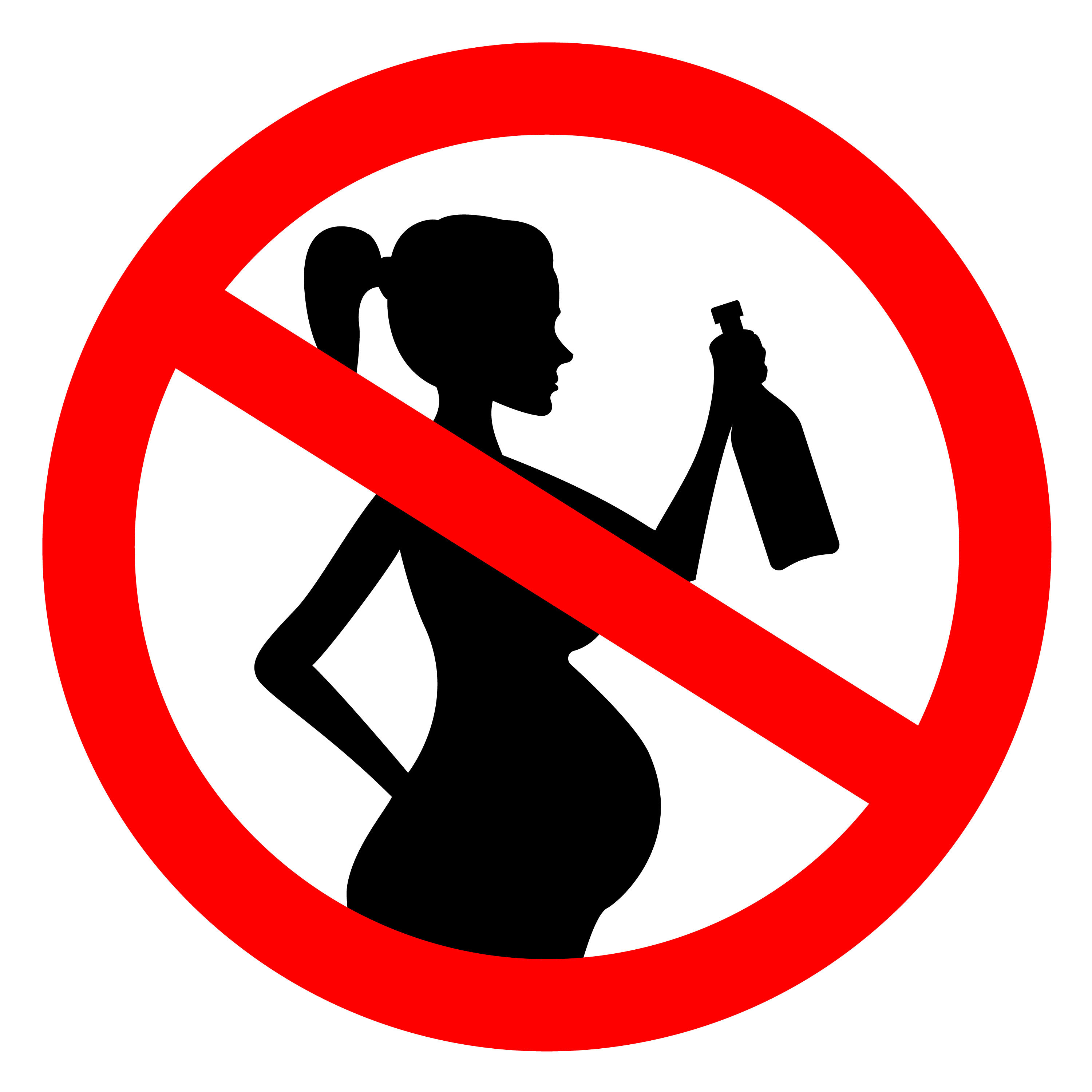Alcohol addiction treatment begins only when the alcoholic person accepts that the problem exists and agrees to give up drinking.
Experts are still not sure exactly what amount of alcohol is completely safe for a pregnant woman. According to healthcare professionals, the safest approach is not to drink at all when you are pregnant or trying to conceive. It is extremely important to steer clear of alcohol in the first trimester, because of the risk of miscarriage. Drinking at the initial stage of pregnancy has also been associated with a higher rate of premature birth.

However, if you wish to drink during pregnancy, then limit it to one or two units of alcohol, no more than once or twice a week and always remember never enough to get drunk. Getting drunk by binge or heavy drinking during your pregnancy can cause fetal harm. Binge drinking is consuming six or more units of alcohol in a session, whereas heavy drinking is defined by having five or more units of alcohol on a daily basis. However, if you wish to drink during pregnancy, then limit it to one or two units of alcohol, no more than once or twice a week and always remember never enough to get drunk.
Also Read: Is Stress Suppressing Your Skin?
When you have an alcoholic beverage, it directly goes into your blood stream. Once it enters your bloodstream, it reaches the fetus across the placenta. The more you consume alcohol, the higher your baby’s risk of developing health issues that will last a lifetime.
Don’t worry if you drank alcohol before you knew you have conceived. Many women have had a night out without realizing they got pregnant. Play it safe by cutting out alcohol as soon as you find that you are expecting. Talk your physician in case you find hard to skip the alcohol. Your physician will definitely help you to have the healthiest possible pregnancy.
Effects of alcohol on fetus
When a pregnant woman consumes alcohol, it passes from the blood through the placenta and to the fetus. The placenta grows in your womb and supplies the fetus with oxygen and food through the umbilical cord. A baby’s liver is one of the last body organs to develop and does not mature until the last trimester. Too much exposure to alcohol can seriously affect their overall development. Drinking any amount of alcohol at any time during pregnancy can cause serious harm to your baby’s developing brain and other organs.
Along with the risk of miscarriage, some recent studies have been demonstrated that drinking, particularly in the first trimester, also increases the risk of low birth weight. Consuming alcohol carries the risk of affecting your baby after they are born. The effects may include behavioral problems, learning difficulties, hyperactivity, language problems, and attention span.
Some studies have shown that expectant moms who have as less as one drink a week are more likely than nondrinkers to have kids who later exhibit aggressive behavior.
Birth defects such as hearing problems, heart problems, or vision issues may also occur. These congenital disabilities are conditions that are present at birth. These have the potential to change the shape as well as functions of one or more parts of the body. They can cause issues in overall health, how the body works, or how the body develops.
Drinking alcohol during pregnancy may increase your chances of developing fetal alcohol spectrum disorders (FASDs). Children with FASDs may have a range of issues, including developmental and intellectual disabilities. These problems can cause trouble in communicating, learning, taking care of himself/herself or getting along with relatives and friends. FASDs usually last a lifetime. Binge drinking increases your risk of having a baby with (FASDs).
Avoid alcohol in pregnancy
It may not be as difficult as you think to avoid alcohol for nine months, as most ladies go off the taste of alcohol in early trimesters. Some do give up alcohol once they came to know that they are going to give birth or when planning to conceive.
Pregnant women who have found pregnancy after already having drunk during early stage should avoid further consumption. They need to worry unnecessarily at the risk of the fetus being affected are likely to be low as they give up alcohol in early pregnancy. If they are concerned, then they are free to consult their health care specialist.
Also Read: How to Maintain a Healthy Heart?
Treat your alcohol addiction
If you find difficulty cutting down what you drink, talk to a specialist. There are some confidential help and support services are available, find your nearest alcohol support services to get rid of this bad habit. The goal of treatment of alcoholism is abstinence. Those with good social support, motivation tends to improve faster and a majority of them stay dry permanently.




